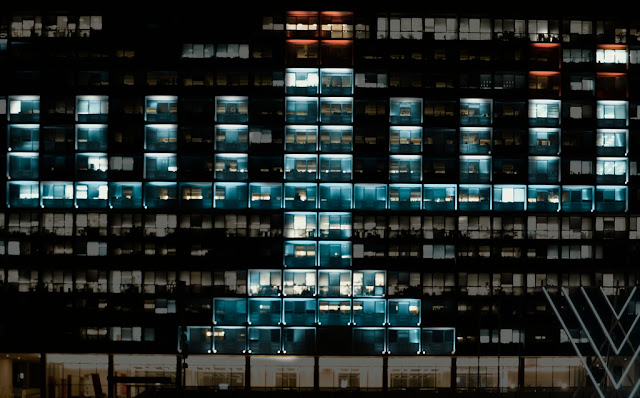I was the last soldier in Gaza, or so I thought.
When I joined the IDF I thought I was being trained to fight other soldiers from Syria or Egypt. Instead, I found myself stationed in a residential neighbourhood facing civilians not an army. I received one command there - shoot if you have to. Soon we were bulldozing our way into homes of innocent Palestinians and taking over their homes. In one home we entered was an old lady who could not even speak clearly. Once we were in her home, she had no freedom. She had to seek permission to use the toilet, in her own house. We did not know her name, so we just named her Fatima. We would take turns to guard her with our weapons, ready to shoot if needed. New Year was approaching, so we even joked, 'who will kiss Fatima'. Three days later the Red Crescent came to rescue her, until then, it was a problem to monitor her, help if needed and do our job. I was embarrassed. I had kept an old lady prisoner in her home after taking over her house. Between 2003 and 2006 I experienced many moments like this one. - An ex-IDF soldier stationed in Gaza
 |
| Israeli Soldiers stationed in Hebron |
This is the story of one Israeli soldier who broke his silence on what the Occupation really looks like. He is a member of the NGO, Breaking the Silence, which collects and publishes testimonials of soldiers to inform the Israeli public and the world at large about everyday life in the Occupied Territories.
There are hundreds like this soldier who have shared their stories with Breaking the Silence for 11 years now. Despite these testimonials that document in no uncertain terms the abuse to which Palestinians are subjected, cases of destruction of property, looting and the general violation of human rights, the public in Israel is hardly aware of what the occupation means or looks like. In addition, the right-wing in Israel is now stifling the voice of the left, putting democracy to the test in this country.
In November 2015 a lecture organised by Breaking the Silence in a Be'er Sheva pub had to be cancelled after BtS activists and the pub owner received threats from pro-occupation right-wing fanatics. Despite BtS complying with all the security requirements, the police issued a last minute restraining order preventing the NGO from going through with the lecture. One would have hoped for the police to offer protection to the NGO, instead the police submitted to the threats of violence issued by the right-wing activists.
On a larger scale, a bill is being proposed by the justice minister to isolate left-wing NGOs that receive foreign funding. This special tag will enable the government to mark NGOs that receive a majority of their funding from foreign governments and international organisations and limit the funds these NGOs receive. It is probably worth mentioning now that a recent investigation by Haaretz found that a number of tax-exempt nonprofits handed out more than $220 million to Jewish communities in the West Bank in 2009-2013 alone.
The reason NGOs like BtS are crucial to Israeli democracy is because they shed light on what the public here finds easy to ignore. There is a vast gap between what the average families know and the reality. And it has been easy to create this gap given that Israelis even use a different term to refer to West Bank. Israel refers to the Israeli Administrative region as Judea and Samaria and not West Bank. To those who advocate the use of the term Judea and Samaria, this usage gives them more claim (because it has a Biblical history) over the land as opposed to West Bank which according to them is an artificial construct. The different groups use different terms to refer to this area thereby painting their respective religious narratives.
"An average Israeli family does not discuss the Occupation, they may just know that something bad happens there, but not exactly what," an Israeli told me once. He said, "I did not know what Occupied Territory meant, what Palestine meant." It is the elephant in the room that no one wants to talk about.
Posts following my visit to Hebron with Breaking the Silence:
Hebron - Part 1
Hebron - Part 2
Breaking the Silence organises tours in Hebron and the South Hebron Hills. You can find the details here. The Hebron tour is on hold now because of the security situation in the city.
"An average Israeli family does not discuss the Occupation, they may just know that something bad happens there, but not exactly what," an Israeli told me once. He said, "I did not know what Occupied Territory meant, what Palestine meant." It is the elephant in the room that no one wants to talk about.
Posts following my visit to Hebron with Breaking the Silence:
Hebron - Part 1
Hebron - Part 2
Breaking the Silence organises tours in Hebron and the South Hebron Hills. You can find the details here. The Hebron tour is on hold now because of the security situation in the city.


